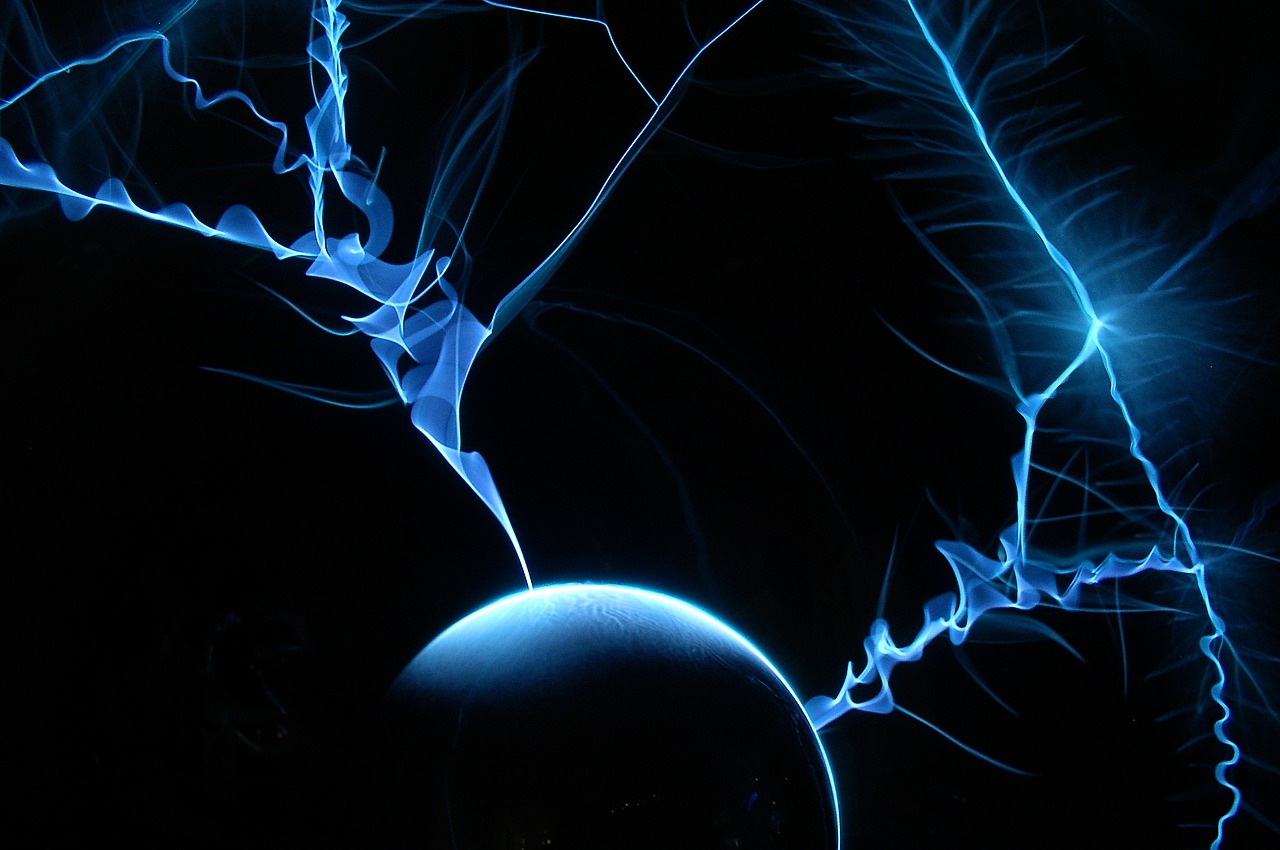Hydrogen sulfide, which is most commonly known as the chemical compound that emits a pungent aroma of rotten eggs, may lead mankind one step closer to sustainable power. Mikhail Eremets of the Max Planck Institute for Chemistry in Mainz, Germany, and his team, discovered the record breaking abilities of this compound as a superconductor.
Eremets and his colleagues discovered that hydrogen sulfide can conduct electricity without any resistance at a temperature as high as 203 kelvin or -70 degrees Celsius. This may not seem like a “high” temperature, in fact, it is the sort of temperature you might only find deep in Antarctica. However, hydrogen sulfide broke the previous record for superconductivity without a resistance, which took place at a temperature of around -110 degrees Celsius.
According to a report from Gizmodo, the reason that it is so significant that hydrogen sulfide is now the highest temperature superconductor known to man, is that it could revolutionize electronics. If man were able to discover a compound that could be a superconductor at room temperature, we would be able to generate and transmit electricity every day in a much more efficient manner.
Some of the highest temperature superconductors that are currently known to scientists are rare and expensive substances, often labeled as ‘exotic’. For example, a group of compounds that contains copper, which are called “cuprates” have the ability to superconduct at 164 K or -109 degrees Celsius, if held at extremely high amounts of pressure first. Yet, according to New Scientist, Eremets and his team were able to obtain superconductivity with hydrogen sulfide at a temperature of almost 40 degrees higher, by squeezing a small amount of the compound using a diamond anvil to almost 1.6 million times the pressure of our atmosphere.
While Eremets is not exactly sure how this is possible, one theory is that it has something to do with Cooper pairs. The hydrogen ions in hydrogen sulfate help electrons to form Cooper pairs, or pairs of electrons pulled together by small clouds of positive charge. These bonds are not as likely as single electrons to bump into metal ions, which would cause them to lose energy. Cooper pairs conduct electricity much more efficiently than single electrons do.
Of course, Eremets hopes that this new record will be beaten, and he says that there are still many materials yet to be tried in this capacity. Room temperature superconductors would be able to sustain electric current indefinitely, and as Eremets says, “Theoretically they are not forbidden.”
























